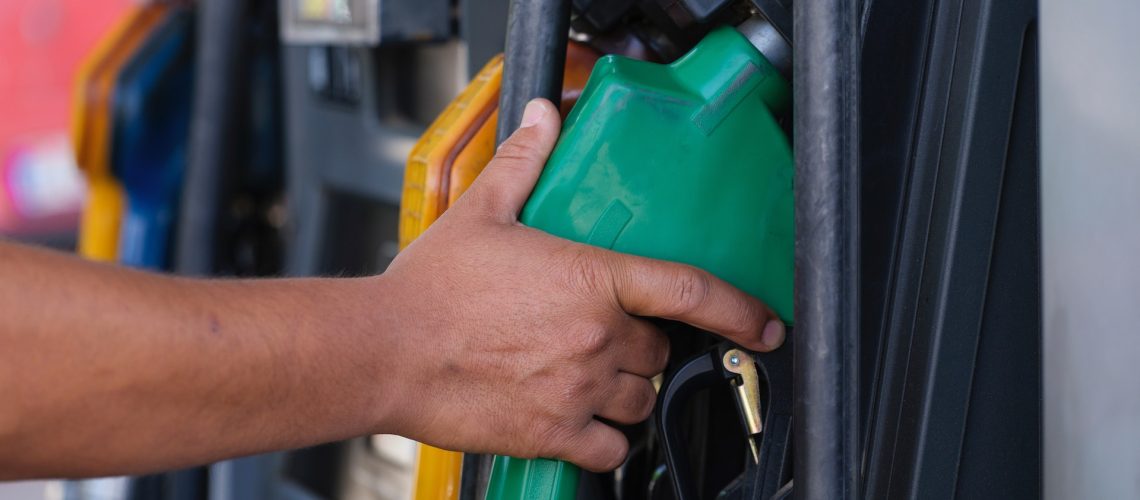GPS and fleet tracking technology have revolutionized the way businesses manage their fleets. One of the most significant benefits of this technology is the ability to reduce fuel costs. Fuel expenses can account for a large portion of a business’s operating costs, and managing them can be a challenging task. With GPS and fleet tracking technology, businesses can gain insight into fuel consumption, identify areas of inefficiency, and take steps to optimize fuel usage.
One of the most effective ways to reduce fuel costs using GPS and fleet tracking technology is through route optimization. By tracking the movements of vehicles in real-time, fleet managers can identify areas of inefficiency in driver routes. These areas can include routes with traffic congestion, longer routes that can be shortened, or even inefficient routes that drivers have developed over time. By optimizing routes and reducing the amount of time spent on the road, businesses can significantly reduce fuel consumption.
Another way to reduce fuel costs using GPS and fleet tracking technology is by monitoring driver behavior. Harsh acceleration, braking, and speeding can significantly increase fuel consumption. By monitoring these behaviors, businesses can identify areas where drivers need to improve and provide them with real-time feedback to improve their driving habits. Fleet managers can also use this information to develop training programs and policies to improve driver behavior and reduce fuel consumption.
Fuel theft is also a concern for businesses with large fleets of vehicles. GPS and fleet tracking technology can be used to monitor fuel usage and identify discrepancies in fuel consumption, which can indicate fuel theft. Businesses can take action by investigating potential fuel theft incidents and implementing measures to prevent fuel theft from happening in the future.
Finally, fleet managers can use GPS and fleet tracking technology to optimize vehicle maintenance schedules. Regular maintenance can help vehicles operate more efficiently and reduce fuel consumption. By tracking vehicle usage and monitoring vehicle performance data, fleet managers can develop a maintenance schedule that keeps vehicles in optimal condition, reducing fuel consumption and repair costs.
The benefits of GPS and fleet tracking technology are clear. However, businesses may be hesitant to invest in these tools due to concerns about cost. It is essential to consider the long-term savings that can be achieved through the use of this technology. By reducing fuel consumption and operating costs, businesses can improve their bottom line and achieve significant savings over time.
At LB Technology, we understand the unique needs of businesses with fleets of vehicles. We provide customized GPS and fleet tracking solutions to help businesses reduce fuel costs and improve efficiency. Our solutions include real-time monitoring, driver behavior analysis, fuel theft prevention, and maintenance optimization. Contact us today to learn more about how our solutions can help your business reduce fuel costs and achieve long-term savings.
In conclusion, businesses can achieve significant cost savings by investing in GPS and fleet tracking technology. By optimizing routes, monitoring driver behavior, preventing fuel theft, and optimizing maintenance schedules, businesses can significantly reduce fuel consumption and operating costs. At LB Technology, we offer customized solutions to help businesses achieve these goals. Contact us today to learn more about how we can help your business reduce fuel costs and achieve long-term savings.
